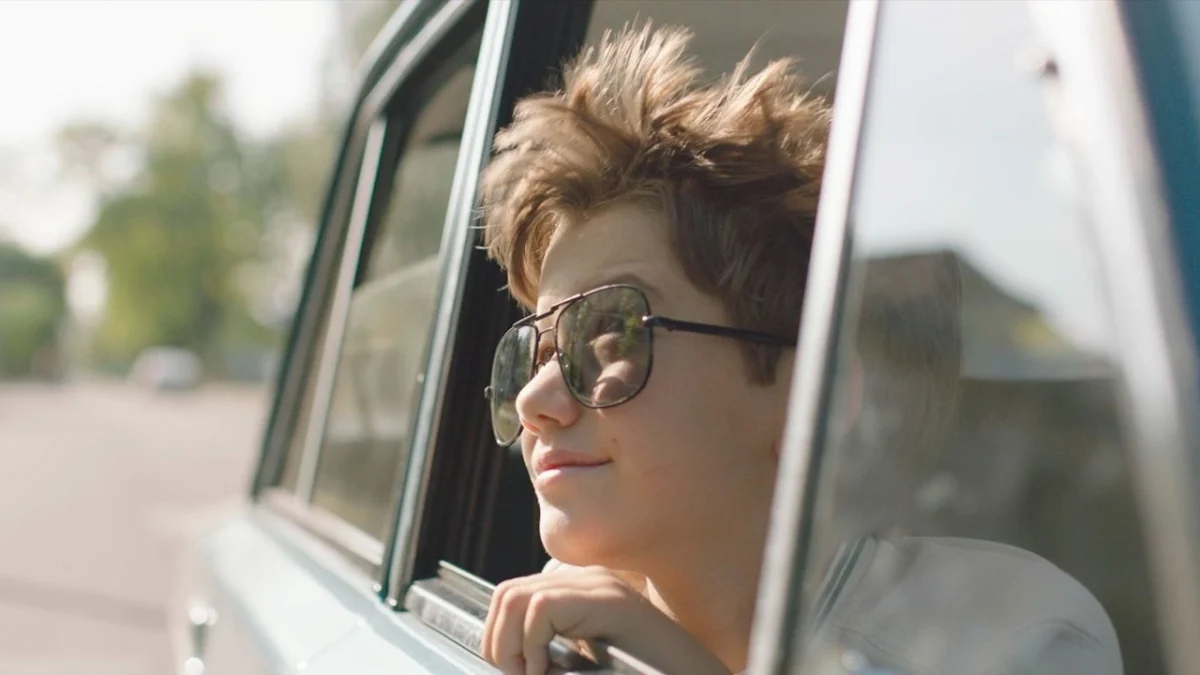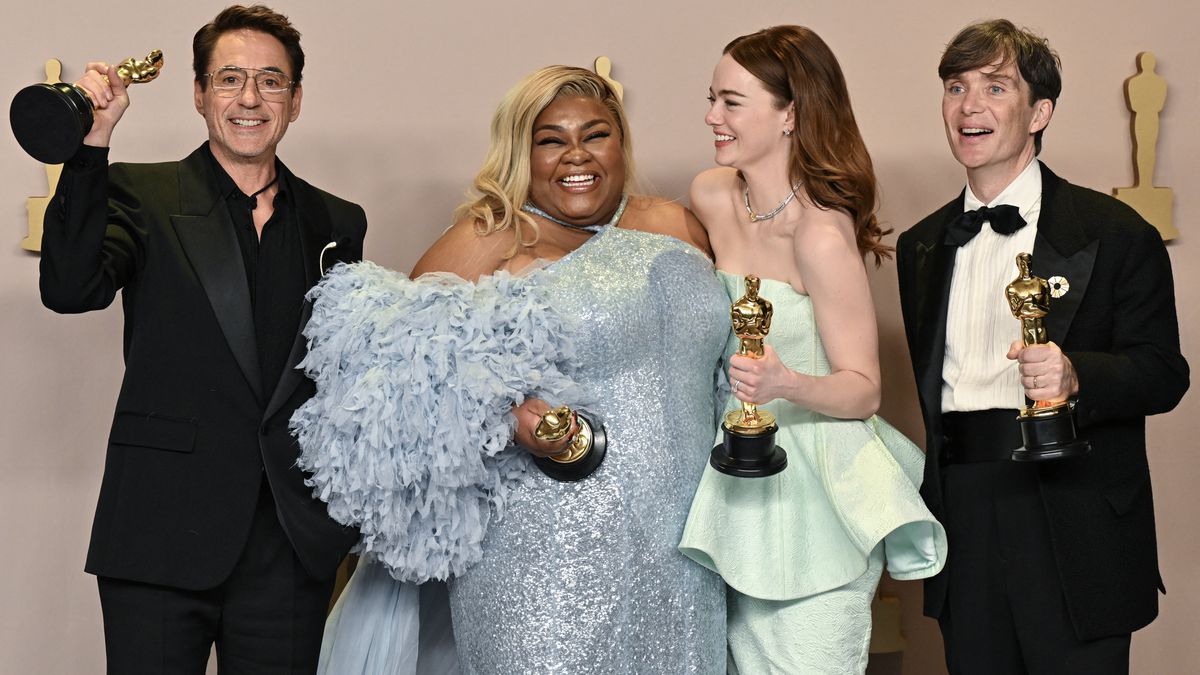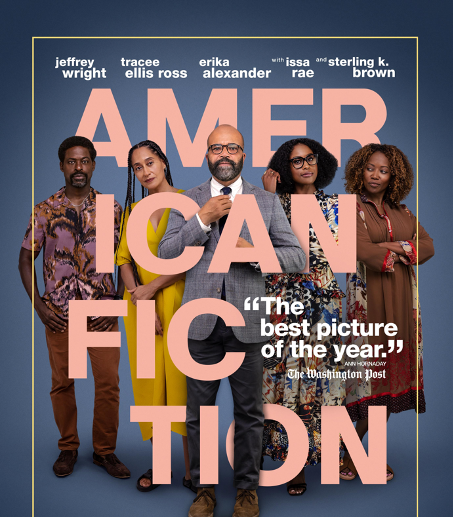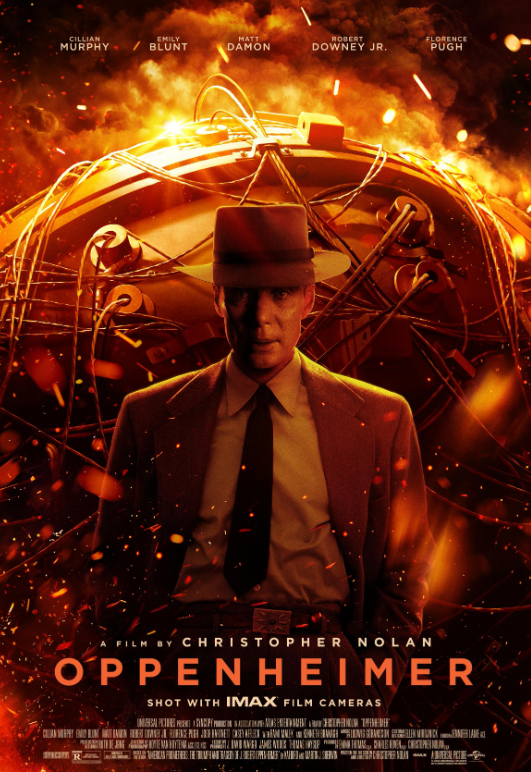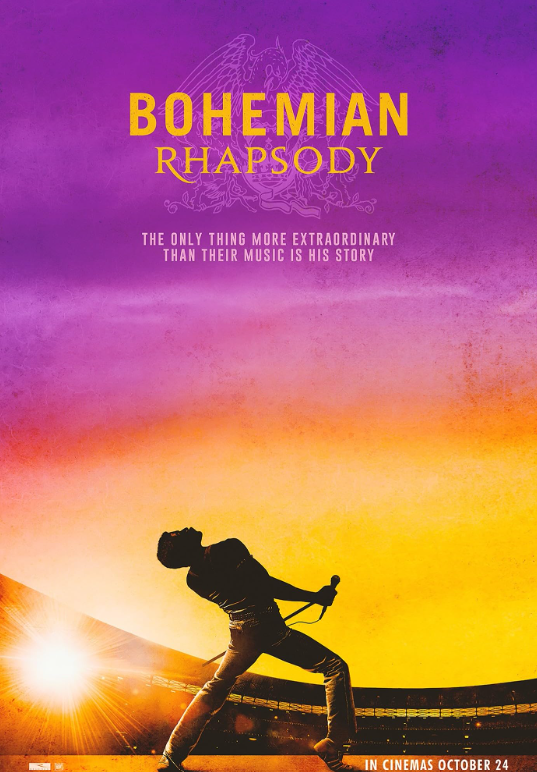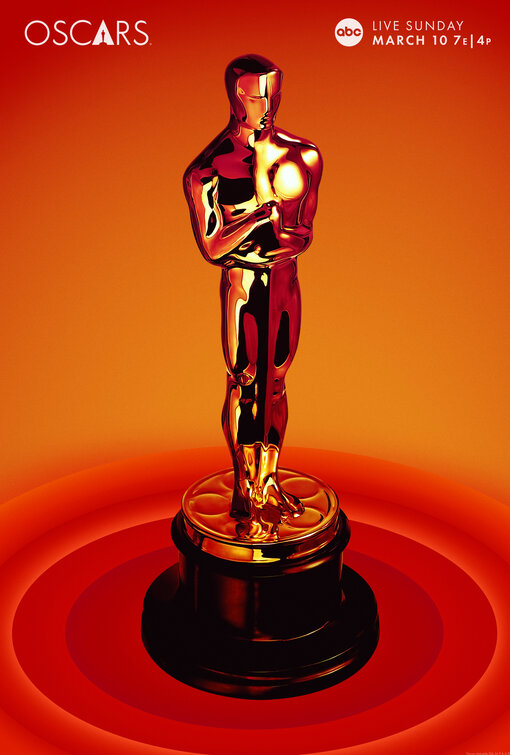In this era of entertainment, film marketing can be almost as important as the content of the work itself. So many movies clamor for the top spot at the box office every weekend that many may fail simply because they didn’t create enough buzz to draw a significant audience. A film’s trailer is arguably the most important marketing tool available, as it often acts as a concise visual synopsis for the audience.
We all make those snap judgments when we see trailers at the theater. We think, “Oh, that looks good!” or “That looks like garbage,” deciding whether that two minute clip was enough to convince us to spend ten dollars and two hours at the cinema. This is what makes a trailer so vital to the success of a movie, especially for non-franchise or standalone films. They need to be equal parts entertaining and informative, geared towards a target audience, yet not so focused that they alienate other potential viewers. It is a delicate balance that can make all the difference at the box office.
As members of the audience, we have power over the success of a film. Film studios and marketing companies know they need to fill the seats and will do anything within their ability to do so. The biggest flaw in this formula is that the marketing department for the film handles what goes into the trailer. Their sole concern is to grab your attention and get you excited enough to see their movie. This can lead to misleading ads and trailers that will usually take the best parts of a film, pluck them out of continuity, and throw them all together.
Comedies are arguably the worst offenders. Films such as “Your Highness” and “Grown Ups” in particular come to mind. Both were given quite a few trailers leading up to their release that promised a much funnier experience than was actually provided.
Comedies are in no way the lone offenders, though. Other films, like “Battle: Los Angeles,” “Green Lantern” and “Pacific Rim” all gave us a similar kind of trailer, throwing out big name stars and/or directors coupled with huge CGI-ridden action set-pieces put to pounding music, convincing us that the final product would blow us away. And while “Pacific Rim” was moderately entertaining, none of those films amounted to more than a disappointment.
Though many trailers result in similar disappointment, there are also many that exploit the formula perfectly. A great example of this is the marketing of “The Dark Knight,” which could easily have slipped under the radar in the wake of its underrated predecessor. Regardless, the advertising campaign showed just enough of the plot and the film’s stars that much of the movie remained a mystery. This sparked intrigue in moviegoers everywhere and lead to a box office hit.
When it comes to movie trailers, less is generally more. Audiences never want to see too much of the film before actually watching it. Otherwise, what’s the point? If you feel as though you know too much, there’s nothing drawing you in. Audiences want a small glimpse at a larger picture. This is a thin line to walk.
For the marketing team, the focus has to be on getting people as excited as possible for their film. Therefore, the responsibility falls on the viewers to see trailers for what they really are: advertisements for a product. In this way, moviegoers can make more informed decisions when we visit the theater and hopefully avoid traps put in place by clever marketing teams.
Cory Willey can be reached at [email protected]







